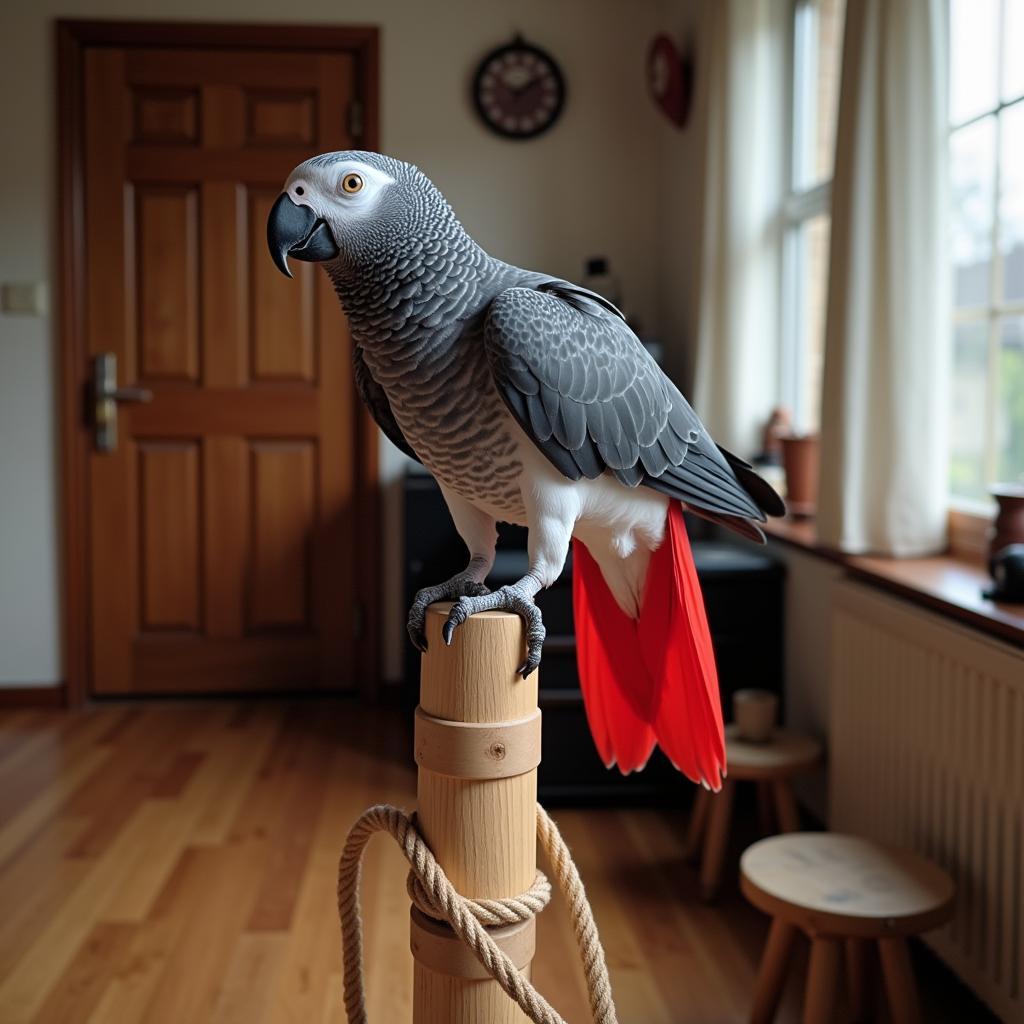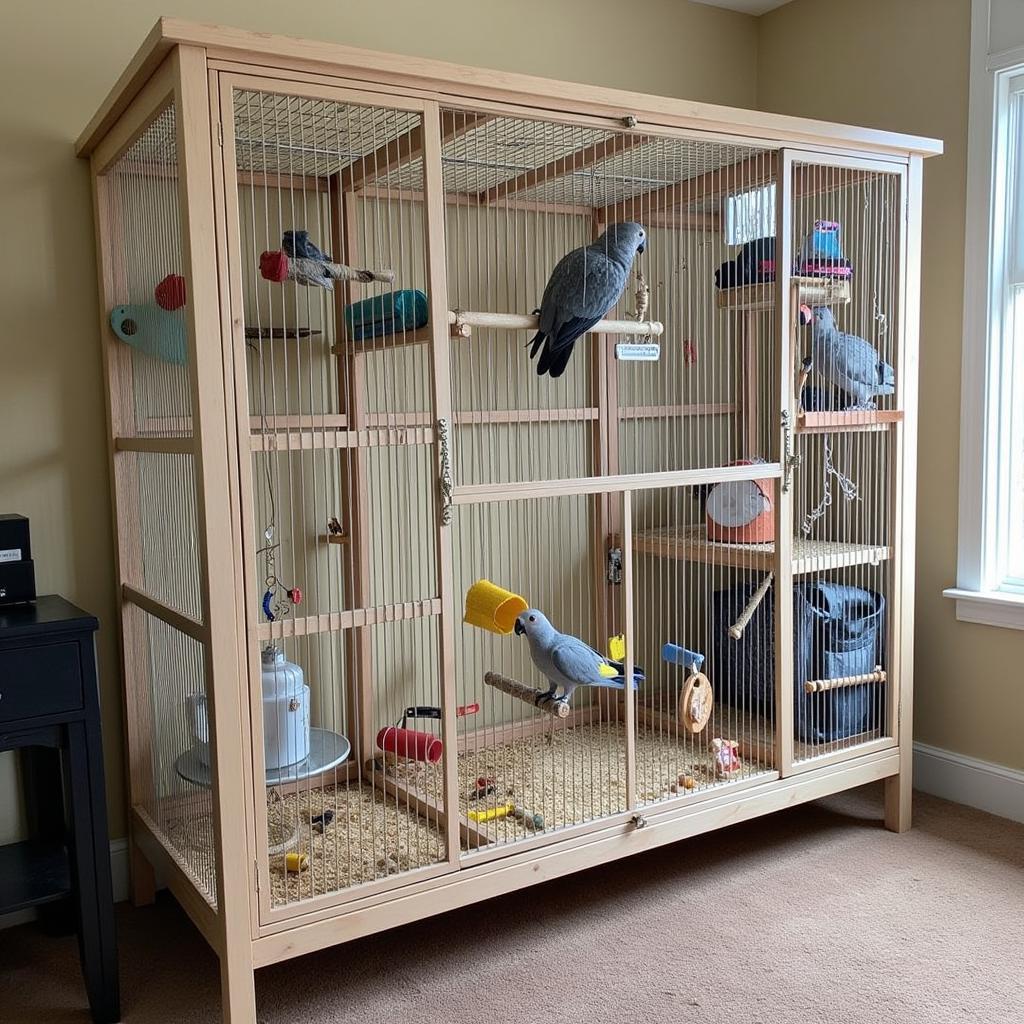Unlocking the Code: Your Guide to African American Dictionary Slang
African American Dictionary Slang, also known as African American Vernacular English (AAVE), is a rich and dynamic tapestry of words and phrases that reflect the history, culture, and experiences of Black communities in the United States. It’s a vibrant and evolving form of communication that goes beyond simply substituting words, often using playful metaphors, creative wordplay, and historical context to convey deeper meanings.
Why is Understanding AAVE Important?
Beyond its linguistic significance, understanding AAVE is crucial for appreciating the nuances of African American culture. It plays a vital role in music, literature, and everyday conversations, offering a unique lens through which to understand the world.
The Roots of AAVE
AAVE didn’t emerge overnight. Its origins can be traced back to the transatlantic slave trade, where Africans from various linguistic backgrounds were forced to communicate in a new environment. Over generations, this blend of African languages, along with exposure to European languages, gave rise to a distinct dialect with its own grammatical rules and vocabulary.
Not Just Slang: The Structure of AAVE
AAVE is much more than a collection of slang terms. It possesses its own distinct grammatical features. For instance, the use of “be” in AAVE differs from Standard American English. “He be working” doesn’t simply mean “he is working,” but implies that he is employed habitually or regularly. This nuanced use of grammar highlights the complexity and sophistication of AAVE.
Beyond the Dictionary: The Cultural Context of AAVE
To truly grasp the essence of African American dictionary slang, it’s essential to consider the cultural context in which it’s used. Many AAVE terms and phrases reflect the shared history, values, and experiences of Black communities.
Take the term “woke” for example. While it’s been adopted more broadly in recent years, its origins lie within African American communities, used to describe someone who’s aware of social injustices, particularly those affecting Black people.
A Living Language: The Ever-Evolving Nature of AAVE
Like all languages, AAVE is constantly evolving. New words and phrases emerge, while others fade away or take on new meanings. This dynamic nature reflects the creativity and resilience of the communities that use it.
The internet and social media have played a significant role in spreading and shaping AAVE, making it more accessible to a wider audience. This online presence has also led to the creation of new slang terms and variations on existing ones.
From the Streets to the Screen: The Impact of AAVE
AAVE’s influence extends far beyond the Black community. It has permeated mainstream culture, shaping everything from music and fashion to literature and film. Artists like Beyoncé, Kendrick Lamar, and Childish Gambino have incorporated AAVE into their lyrics, while television shows and movies often feature characters who use AAVE authentically, reflecting its presence in everyday life.
Bridging the Gap: Respect and Understanding
While AAVE’s influence is undeniable, it’s essential to approach it with respect and a willingness to understand its cultural significance. Misappropriation and mockery can perpetuate harmful stereotypes and diminish the rich history and artistry embedded within AAVE.
A Continuous Journey of Learning
Exploring African American dictionary slang is a journey of continuous learning. It requires an open mind, a willingness to listen, and a commitment to appreciating the beauty and complexity of language as a reflection of culture. By engaging with AAVE thoughtfully, we can gain a deeper understanding of African American experiences and celebrate the vibrant tapestry of language that enriches our world.
Conclusion
African American dictionary slang is more than just a collection of words—it’s a living testament to the resilience, creativity, and cultural richness of Black communities in America. By understanding its history, nuances, and impact, we can appreciate its depth and recognize its vital role in shaping contemporary language and culture.

